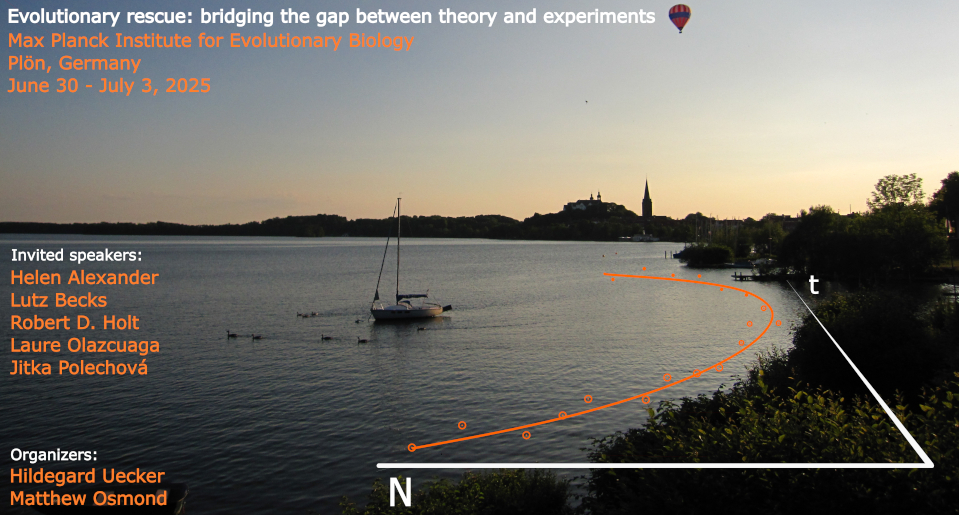Speaker
Description
Treatment of urinary tract infections (UTIs) and the prevention of their recurrence is a pressing global health problem. In a UTI, pathogenic bacteria not only reside in the bladder lumen but also attach to and invade the bladder tissue. Planktonic, attached, and intracellular bacteria face different selection pressures from physiological processes such as micturition, immune response, and antibiotic treatment. Here, we use a mathematical model of the initial phase of infection to unravel the effects of these different selective pressures on the ecological and evolutionary dynamics of UTIs. We explicitly model planktonic bacteria in the bladder lumen, bacteria attached to the bladder wall, and bacteria that have invaded the epithelial cells of the bladder. We find that the presence of non-planktonic bacteria substantially increases the risk of infection establishment and affects evolutionary trajectories leading to resistance during antibiotic treatment. We also show that competitive inoculation with a fast-growing non-pathogenic strain can reduce the pathogen load and increase the efficacy of an antibiotic, but only if the antibiotic is used in moderation. Our study shows that including different compartments is essential to create more realistic models of UTIs, which may help guide new treatment strategies.

